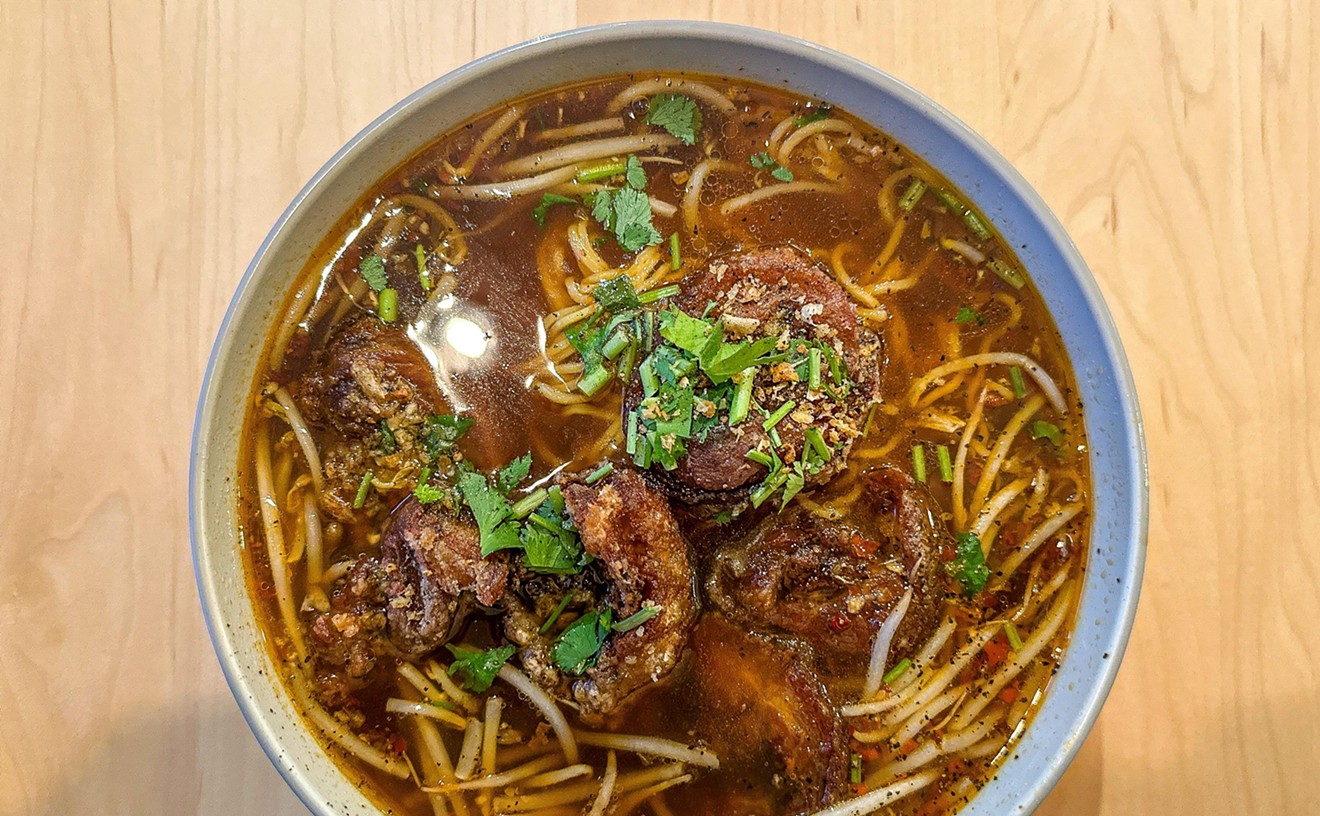While a new culinary nutrition textbook is geared toward chefs working in professional kitchens, a co-author says the book's advice would be equally appropriate for amateurs charting new diet plans for 2011.
"Moderation and variety is the key," says Cathy Powers, a former Culinary Institute of America associate dean and - along with co-author Mary Abbott Hess and Dallasite Mary Kimbrough - a partner in Culinary Nutrition Associates, a culinary nutrition consulting firm.
According to Powers, many chefs misunderstand their customers' demands for healthier food. They wrongly equate "nutritious" with sad and bland, dispensing with their usual aesthetic standards when devising dishes to shove in their menus' "healthy" slots, or latch on to one healthy directive at the expense of another.
For example, Powers says, many chefs don't distinguish between good and bad fats. "They've heard the way to weigh less is low-fat," Powers explains, so they dutifully leech every gram of fat from their dishes. Since flavor comes from fat, they often end up supplementing their very low-fat concoctions with imprudent amounts of sugar.
Chefs at restaurants, hotels and schools often make the same mistakes with salt and trendy sweeteners such as agave syrup.
"A chef will think that's healthier, but still use an excessive amount," Powers says.
Essentials of Nutrition for Chefs instructs readers to instead pry flavor from whole grains, fresh fruits and vegetables and unprocessed foods whenever possible.
"I think where it has potential for going wrong is when chefs don't consider the food has to taste great," Powers says. "You can't sacrifice taste for nutrition. That's a formula for disaster."










